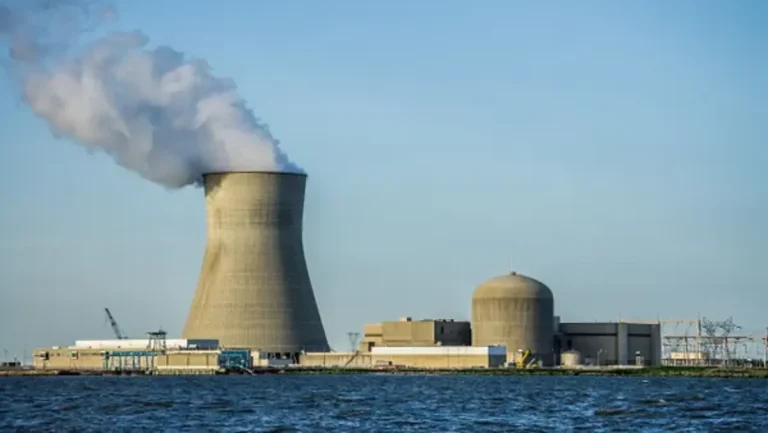🎧 Listen to This Article
A broad coalition of more than 100 stakeholders from across the U.S. nuclear energy sector is urging Congress to preserve four critical tax credits established under the Inflation Reduction Act (IRA), warning that repealing them could jeopardize energy reliability, economic growth, and national security.
In a letter dated April 30 and organized by the Nuclear Energy Institute (NEI), utilities, power producers, nuclear technology developers, supply chain companies, and trade groups called for the protection of Sections 45U, 45Y, 48C, and 48E of the U.S. tax code. These provisions incentivize maintaining existing nuclear plants, spur new developments, and support domestic supply chains.
“Preserving these credits is critical to strengthening U.S. energy security, fostering economic growth, and bolstering our economic competitiveness,” the letter stated.
The appeal comes amid Republican efforts in Congress to curb the cost of extending broader tax cuts, many of which date back to the first Trump administration. While GOP lawmakers initially opposed the IRA, recent evidence shows that many of its benefits, particularly in clean energy, have flowed to Republican districts, softening some resistance.
With electricity demand surging due to AI growth, manufacturing booms, and economic expansion, the industry argues that nuclear energy’s role is more vital than ever. The credits are central to reopening shuttered plants, upgrading existing capacity, and launching new reactor projects.
The Credits in Focus:
- Section 45U: A means-tested production tax credit for existing nuclear plants, already driving billions in savings and preventing early closures.
- Sections 45Y and 48E: Key investment and production tax credits for clean energy deployment; their repeal could spike electricity prices by 9% by 2029, according to NERA Economic Consulting.
- Section 48C: Supports advanced energy projects, including those that decarbonize industrial operations and develop critical nuclear supply chains, which is especially important in light of the upcoming ban on enriched uranium imports from Russia.
Projects like Dow Chemical’s advanced reactor plans in Texas, developed with X-energy, illustrate these credits’ role in industrial decarbonization and innovation.
“The urgency of preserving these tax incentives cannot be overstated,” the letter warns. “America’s energy future and its competitive edge depend on it.”
For further details, clarification, contributions, or any concerns regarding this article, please get in touch with us at editorial@tax.news. We value your feedback and are committed to providing accurate and timely information. Please note that our privacy policy will handle all inquiries.



